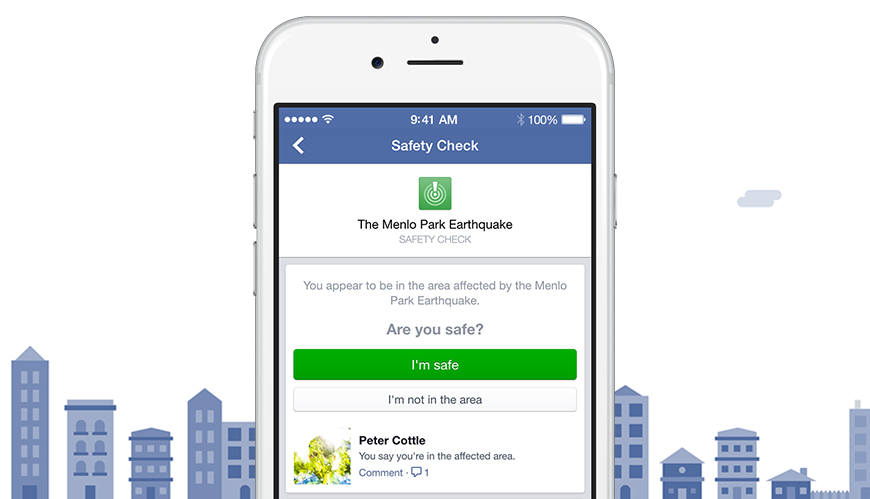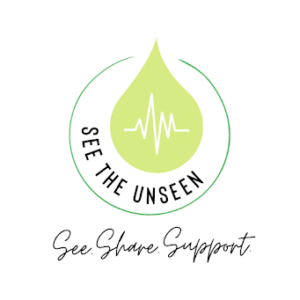Imagine you’re a parent, watching a natural disaster or a school shooting take place in the state, city or campus where your child resides. Panic sets in, then terror, and then urgent calls to said child, if the calling stage hasn’t happened yet. Ring … Ring … Ring … No answer.
Plan B comes into effect: Facebook.
In 2014 Facebook Founder Mark Zuckerburg announced the social media company’s new development: safety check. This feature allows people in an area effected by a natural or man-made disasters to post their safety status for loved ones and friends to see and be comforted.
According to Facebook’s newsroom website, the safety check tool came about after the 2011 earthquake and tsunami in Japan. Since then, people around the world have used it for natural disasters — earthquakes in Nepal in 2014 — and acts of terror — the Paris attacks in 2015. Within two years of the tool taking off worldwide, Facebook handed over the activation reigns to the communities, instead of the company deciding when to activate it.
Most recently in the U.S., communities activated the safety check for the Ohio State University attack on Nov. 28 and the Gatlinburg, TN, fires.
I tell you all this to say that when I think of technological advancements, I think of rising medical expenses for new drugs or when Artificial Intelligence comes backfires on humanity, such as in “Ex Machina” or “I, Robot.” But today’s positive advancements in technology far outweigh my irrational thoughts of Hollywood movies.
The MIT Technology Review listed the top-10 technological breakthroughs in 2016, which included positive advancements such as the Tesla Autopilot car and immune engineering.
Immune engineering, where bio technicians genetically engineer immune cells for various types of cancer patients, is saving more lives than ever before. Antonio Regalado of the Review wrote about how immune engineering at Cellectis saved the life of then-12-month-old Layla Richards, fighting for her life against leukemia. The article says Richards has since been cured.
I wish I could say the same for my dearly departed friend, Jenni Lockwood, who died at 46 years of age this past August. She battled cancer for four years and always remained strong-hearted and honest about her struggles through it all. I wish her cancer hadn’t hit hard until after medicinal technologies advanced enough to potentially save her life.
Although personally I am skeptical at best about technology — I’ve watched too many “AI-gone-wrong” movies — I’ve come to appreciate the advancements scientists and engineers are making as I’ve grown older. Making sure a loved one is safe from harm, attempting safer driving options and increasing hope for a cancer patient is remarkable of mankind.
Think of all the things that will come in the next 10 years, or even 20. We have the potential to make the world a better place. I hope we do, and not become the next “Elysium” movie plot.














Be First to Comment